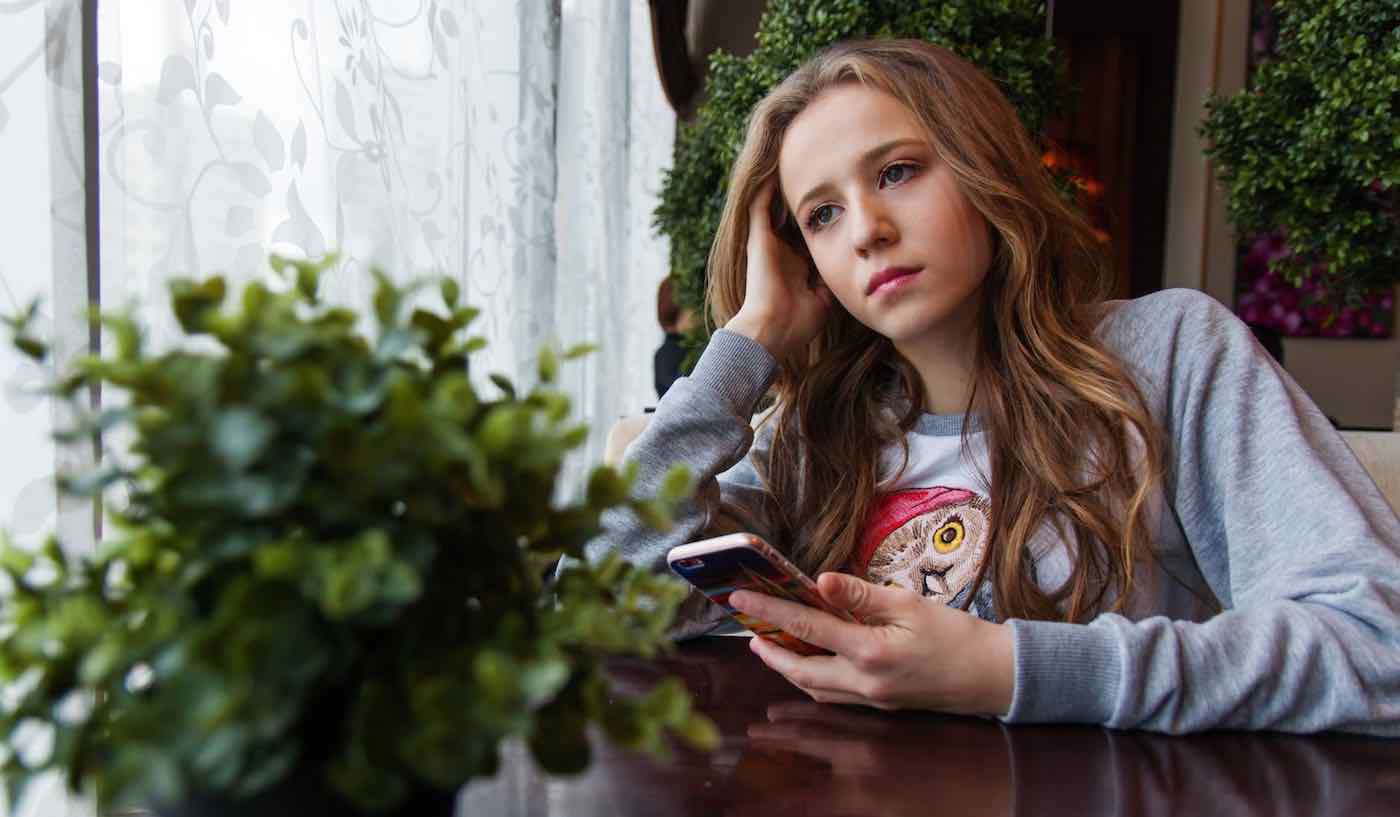People Are Happier After Yoga Classes, But Try These Quirky Yoga Themes for Extra Fun
While yoga is commonly used as a source of relaxation and exercise, it is now more fun with classes in unusual settings or using animals and laughter.

While yoga is commonly used as a source of relaxation and exercise, it is now more fun with classes in unusual settings or using animals and laughter.

Kevin Briggs had received zero training on how to deal with suicidal people - but over the course of his career, he managed to save over 200 people.

For almost 30 years, youngsters have been able to use this special hotline for help with anything from failing grades to coping with their home life.

Being rocked to sleep isn't just good for babies - it also dramatically improves sleep and memory function for adults, too.

Yoga is not just good for stretching - it is saving police officers and firefighters from depression and anxiety in cities across America.
A simple 10-minute writing exercise to reduce anxiety has been shown to reduce test failure rates by over half.
Instead of throwing their bubble wrap into the garbage, this university is recycling the packaging by using it as anti-stress therapy for their students.
Dozens of demographic groups that have previously experienced spikes in suicide rates are now improving with significant declines.
What is the "secret sauce" of kindness - and why do we need it now more than ever?
This 81-year-old with Alzheimer's hopes that his determination will inspire other dementia patients to fight their diagnosis.
If the old adage "you are what you eat" is true, then it also stands to reason that we are what we see as well.
If your livelihood has ever been negatively affected by reoccurring nightmares, this pilot study might offer hope for a treatment.
My 15-year internet career choice of focusing on good news has become a philosophy for the rest of my life. To mark the website's 15th anniversary, I launched a contest called What 'Good News' Means to Me. I now have my four winners to whom we will be delivering four fantastic prizes this week.
A mom in Britain wrote to share the good news that her daughter, after a lifetime of suffering from a panic disorder, was able to join her mother and sister on a date for lunch and shopping - something that has never been possible before. It was the best Mother's Day gift of all and seen as a hopeful sign for sufferers of the disorder everywhere.
Eating more fruit and vegetables may make young people calmer, happier and more energetic in their daily life, new research from New Zealand's University of Otago suggests. Department of Psychology researchers investigated the relationship between day-to-day emotions and food consumption. The results showed a strong day-to-day relationship between more positive mood and higher fruit and vegetable consumption, but not other foods.
If you want some pep in your step or a dash of good cheer, look no further than the grocery store's shelves. Not only are foods rich in vitamins, minerals and fatty acids healthful, but studies show they can also increase happiness, lessen symptoms of depression and quell anxiety. How can foods improve our moods? It all comes down to the brain. A healthy cognitive system is essential to regulating mood.
Something as simple as going for a brisk stroll could play an important role in fighting depression, according to researchers. Vigorous exercise has already been shown to alleviate symptoms of depression, but in this study walking was shown to have an effect similar to other more vigorous forms of exercise.
Happiness, or the lack thereof, lies at the root of what makes life meaningful. But it is sometimes hard to figure out what exactly constitutes happiness, especially in a culture like the Unites States that tends to conflate money with meaning. Roko Belic, the director of Happy, the documentary, offers four tips to develop a happiness skill set.
Robert Emmons was shocked. The University of California psychologist found that after just ten weeks, people who kept a gratitude journal were 25 percent happier than people who didn't. People who were reminded to say thank you at least once a day were healthier and spent more time exercising. As he writes in an essay for the Greater Good Science Center, This is a massive difference. The gratitude group participants also experienced fewer symptoms of physical illness than those in either of the other two groups." This month the Center launched a web-based digital gratitude journal at Thnx4.org designed to track and promote the practice of gratitude worldwide while serving as an invaluable source of scientific data on gratitude.
A suicide-prevention group is generating smiles to the faces of commuters and pedestrians in Boston with their Happier Boston Campaign, which involves social interventions such as singing in elevators and asking everyone in the baseball stadium to give high-fives to everyone nearby.
Recent Stories
A Heartfelt Reminder to Appreciate the Ones We Love
Cherish the Woman Who Stands by You
Breaking Generational Cycles of Pain
Living by Your Own Values, Not Others' Approval
When Life Brings Rain, It’s Okay to Rest
Before You Judge Someone's Life, Take a Moment to Walk in Their Shoes.
A Friend Who Spreads Gossip is Not a True Friend at All
The Value of Human Connection Over Digital Convenience
The Quiet Kind of Love
One Day, Your Mom Won’t Call You Anymore
I’ve reached a point in my life...
Happiness is a mindset, a conscious choice we make every day